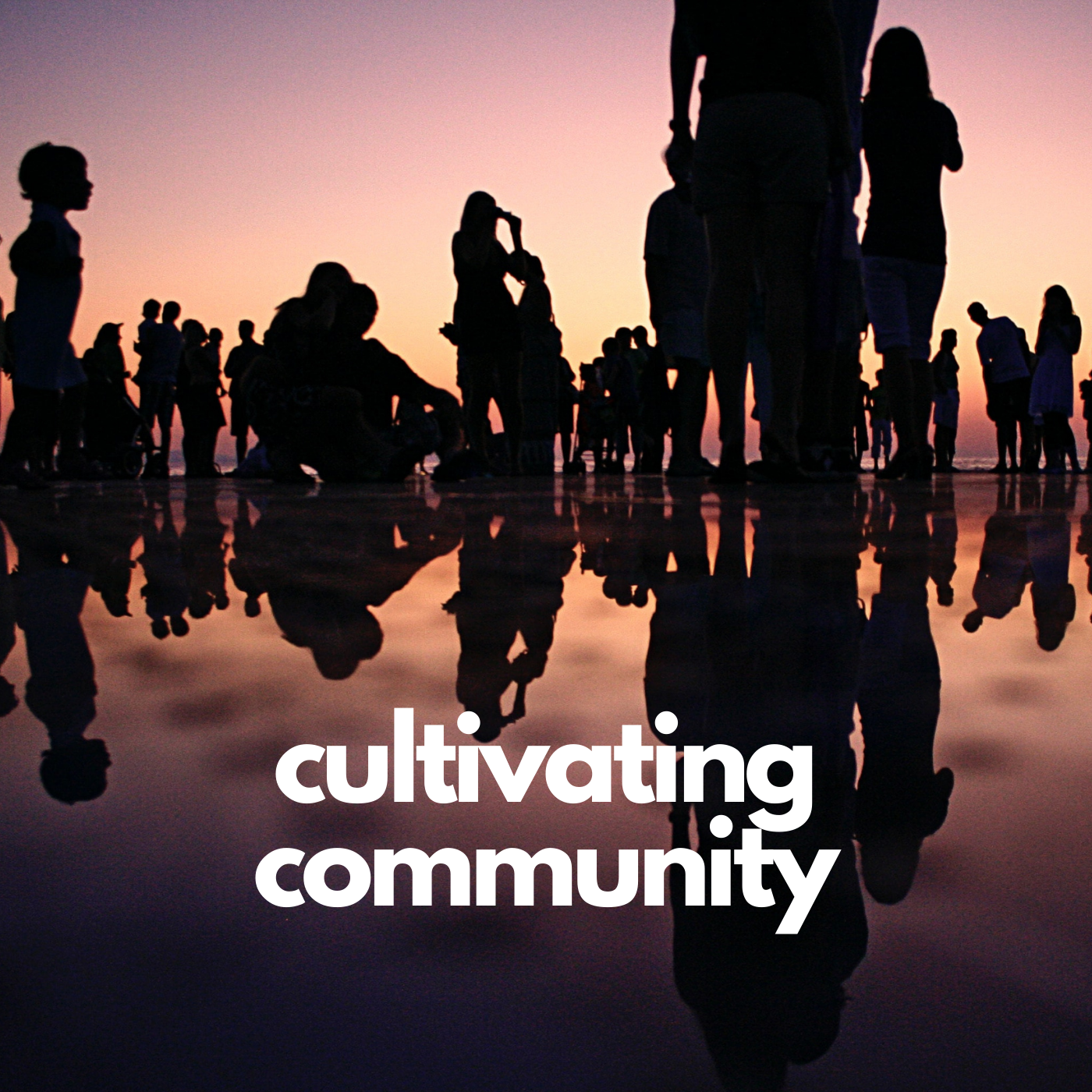
Does it sound overtly hyperbolic to you or are you drawn to its undertones of hope and community?
Either way, there’s a reason that businesses use this language. Setting aside whether you like the term or not, at our core, humans are tribal beings. Human evolution has primarily occurred in small groups, as opposed to mass societies, and people naturally maintain a social network.
However, in recent history, we’ve seen an explosion in globalisation through air travel and digitisation. So, whereas the understanding of the term “tribalism” often referred to an extended kin group or a clan with common ancestry, in the modern world, it can also be interpreted simply as a group with shared interests, lifestyles, and habits.
In fact, never has the proverb “birds of a feather flock together” been more true. The human tendency to form friendship networks with people of similar occupations, interests, or habits can be seen beyond the geographical constraints of yesteryear. In fact, the exponential growth of digital technologies has provided infinite possibilities.
Think about it, maybe you’re in a digital tribe such as a social network group that connects you with like-minded individuals.
With these possibilities comes the reality that our subconscious is constantly considering cues that help us identify who is us and who is them. And if you think about it, perceived similarities of status and values make it much more likely that we will connect and form lasting bonds with those we perceive to be of our same ilk.
In business, belonging to a tribe can provide a sense of unified hope among its teammates and awaken collaborative instincts.
There can be downsides too however…
If the tribal affiliation is strong enough, for instance, it can cause a protective response which has the power to override individual moral integrity. This can backfire, causing silos to be formed, ending collaboration.
But used in the right way has massive upside potential. Take Unleashing Potential for example, this tribal instinct is triggered and it’s done so in a positive sense.
But where does this tribal trait stem from? Fundamentally, it stems from an inherent human survival value. Without the bond this trait creates, human groups ranging from hunter-gatherer societies, businesses, and even modern nation states would be unable to adequately meet the constant barrage of challenges they face.
But as the global population has grown to around 8 billion, what’s the impact on our ability to feel connected, to be part of a tribe? Logic would suggest that having more people on the planet would lead to more, larger tribes full of happier, healthier people, but the opposite appears to be true.
Remember too, human evolution primarily occurred in small groups. So, the advent of digitisation and the ability to create an infinite number of groups would also suggest that we’d be even more connected than our historical ancestors.
Sadly, neither does this appear to be the case.
And the same growing sense of disconnection can be found within many businesses.
As an organisation grows its workforce, it often becomes more diverse and dispersed. And in today’s world, this is especially true as we can see a clear trend toward the business realm becoming more dynamic and digital, too.
It’s a tough environment to cultivate a community that oozes great communication and collaboration.
So, how to combat this conundrum?
That’s a multi-billion-dollar question as many companies try to adapt in search of an answer. And unfortunately, many of them attempt to be half-pregnant when it comes to cultivating community (and happy, healthy teams) as they see it as a distraction from their core activities and a cost to the business.
But here’s the thing... A half-baked approach to this company cornerstone, its community, and culture is inherently compromised and represents a rearranging of the deckchairs on the Titanic rather than a core values-driven strategy to build a high performing team.
The modern world is a more dynamic place than it once was and, therefore, requires more creative approaches from those wishing to flourish. At The Impact Project we believe we must demand of ourselves the courage to be different and take seriously the insight gained from different perspectives.
So the next time you hear a company or leader talk about “building their tribe”, use it as an opportunity to reflect on what you're doing to build "your' tribe so as to provide a sense of unified hope among its teammates and awaken collaborative instincts.